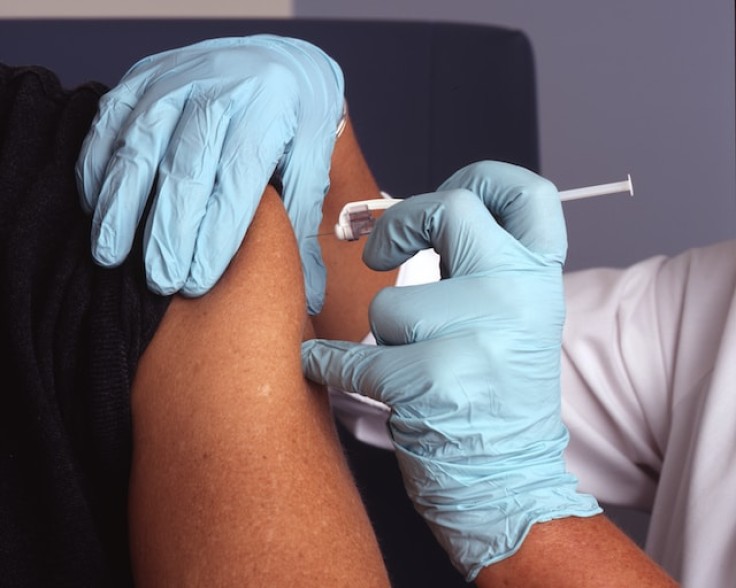
Pregnancy is a time filled with various medical terms and procedures, one of which is the Rhogam shot. This shot plays a crucial role in ensuring the health and safety of both the mother and the unborn baby, especially in cases of Rh incompatibility.
The Rh factor is a protein found on the surface of red blood cells in most people, who are then termed Rh-positive. However, some people do not have this protein and are considered Rh-negative. Problems can arise during pregnancy if an Rh-negative woman carries an Rh-positive baby, leading to Rh incompatibility.
In such cases, the mother's body may recognize the baby's Rh-positive red blood cells as foreign objects and produce antibodies against them. This immune response can lead to hemolytic disease of the newborn, a condition where these antibodies destroy the baby's red blood cells, causing serious health issues.
What Is the Rhogam Shot?
The Rhogam Shot, also known as Rho(D) Immune Globulin, is a blood product that prevents the mother's immune system from producing antibodies against Rh-positive blood cells. This is particularly important for Rh-negative mothers who are pregnant with an Rh-positive baby.
The Rhogam shot contains antibodies that target any Rh-positive cells in the mother's bloodstream, effectively removing them before her immune system can react and create its antibodies. This intervention helps prevent the mother's immune system from attacking the Rh-positive cells of her future pregnancies.
The Rhogam shot is typically administered during pregnancy and after childbirth. The first dose is given around the 28th week of pregnancy to prevent the mother's body from developing antibodies during the remainder of the pregnancy. The second dose is administered within 72 hours after childbirth if the baby is Rh-positive. This timing is crucial to prevent the mother's body from developing antibodies that could affect subsequent pregnancies.
Besides pregnancy and postpartum, the Rhogam shot may also be given in other situations where an Rh-negative woman might be exposed to Rh-positive blood. These instances include after a miscarriage, ectopic pregnancy, abortion, or any invasive prenatal testing, such as amniocentesis or chorionic villus sampling (CVS).
Is the Rhogam Shot Safe?
The Rhogam shot is considered safe for both the mother and the fetus. It has been used for decades and has a high success rate in preventing the development of Rh antibodies. Some women may experience mild side effects, such as soreness at the injection site or a slight fever, but severe reactions are rare.
The effectiveness of the Rhogam shot in preventing the development of Rh antibodies is significant. By receiving the Rhogam shot as recommended, Rh-negative women can drastically reduce the risk of hemolytic disease in their newborns in current and future pregnancies.
For Rh-negative mothers, the Rhogam shot is a vital part of prenatal care. It is a safe and effective way to prevent potential complications arising from Rh incompatibility.
Expectant mothers should discuss their Rh factor with their healthcare provider and ensure that they receive the Rhogam shot at the recommended times. With proper care and treatment, Rh-negative women can have healthy pregnancies and safeguard the well-being of their newborns.
Read also: FDA Approves GSK's Arexvy: First Vaccine to Protect Against Life-Threatening RSV in Elderly